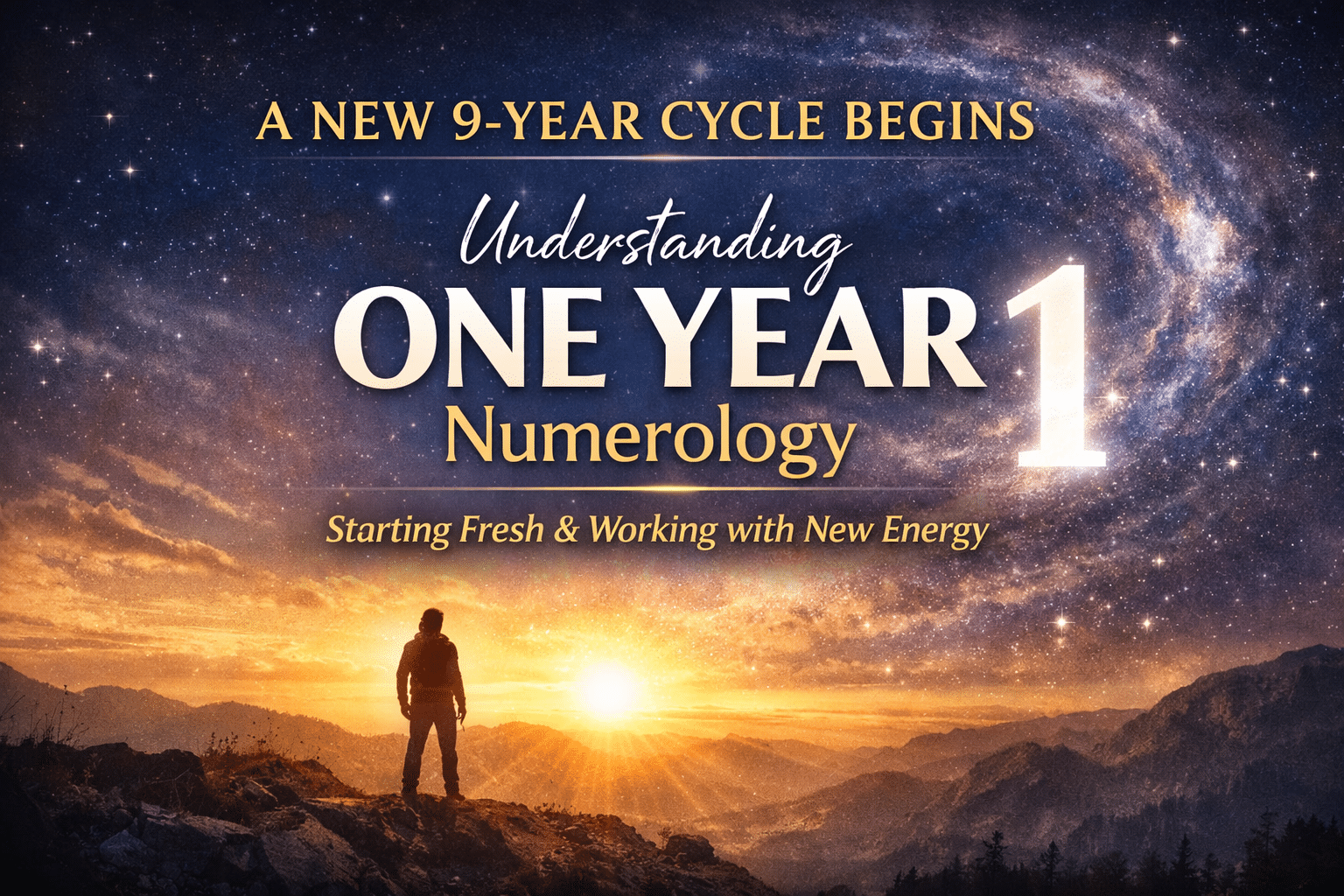Are you caught up in the chaos of day-to-day life, constantly overwhelmed by racing thoughts and never-ending to-do lists? Does it feel like your mind is stuck in overdrive, leaving you frazzled, distracted, and disconnected from the present moment?
It’s not just you.
The fast-paced world we live in has made mindfulness—a buzzword often associated with wellness trends—a necessity for finding peace and balance. But how often do you pause and think: What does mindfulness really mean for me?
Imagine going through your day with a sense of calm clarity. Picture yourself fully present during a conversation, savoring your meals without distraction, or feeling at peace during a short walk. Sounds like a dream, doesn’t it?
Now, let’s get real: How many of those moments do you actually experience? If you’re like most people, your days are a blur of stressors, and peaceful moments are few and far between. The weight of unprocessed stress accumulates like dust on a shelf, clouding your mental clarity and leaving you feeling stuck in a cycle of anxiety and dissatisfaction.
The good news? Mindfulness offers a way out. By anchoring yourself in the present moment and integrating mindful practices into your life, you can regain focus, reduce stress, and rediscover the joy in everyday moments.
Why Mindfulness Matters
Mindfulness isn’t just a trendy concept or a fleeting buzzword; it’s a scientifically proven way to improve mental clarity, reduce stress, and enhance emotional well-being. But here’s the million-dollar question: Do you give yourself permission to slow down and reconnect with the present moment?
The truth is, many of us move through life on autopilot, juggling work, relationships, and personal goals without ever truly pausing. The result? A mental state that feels like a spinning top—constant motion but no sense of direction or control.
Ask yourself:
- How often do I feel truly present in my daily life?
- When was the last time I paused to simply breathe and observe the moment?
- What would my life look like if I could quiet my racing thoughts?
If your answers reveal a need for change, mindfulness could be the missing piece to help you regain balance and clarity.
The Impact of Stress on Your Mental Health
Think about the last time you felt stressed—how did it affect your ability to focus, relax, or connect with others? Chronic stress builds over time, piling on like layers of dust until your mental clarity feels buried under the weight of worry and overwhelm.
Unchecked, this stress doesn’t just stay in your mind; it impacts your body, relationships, and overall health. Anxiety, sleep disturbances, and even physical tension are all byproducts of a mind that doesn’t get a chance to reset.
Here’s a question worth considering: If you don’t address this cycle, where will you be a year from now? Will you feel more in control of your mental health, or will the spiral of stress have taken a greater toll?
How to Start Embracing Mindfulness
The beauty of mindfulness is that it doesn’t require massive lifestyle changes. Small, consistent practices can create profound shifts in your well-being. Here are five simple ways to get started:
- Start Small
Take just five minutes a day to focus on your breath. Sit quietly, close your eyes, and observe your thoughts without judgment. Imagine them passing by like clouds in the sky. Can you give yourself five minutes today to begin this practice? - Mindful Eating
When was the last time you truly tasted your food? Turn off distractions during meals and focus on the textures, aromas, and flavors of each bite. Not only does this improve digestion, but it also helps you savor the moment. - Walking Meditation
Next time you go for a walk, tune in to the rhythm of your steps, the sensations in your body, and the sounds around you. How might this practice help you reconnect with your physical environment? - Mindful Listening
Are you fully present in your conversations? Instead of planning your response while the other person speaks, focus entirely on what they’re saying. How could this transform your relationships? - Breathing Exercises
In moments of overwhelm, take 10 deep breaths, focusing only on the sensation of your breath entering and leaving your body. How often do you give yourself permission to pause and reset like this?
The Benefits of Mindfulness
Incorporating mindfulness into your routine isn’t just about feeling calm—it’s about reclaiming your power to live intentionally. Imagine a life where:
- Stress no longer controls your day.
- You feel connected and present in your relationships.
- Your mind is clear, focused, and free from clutter.
How would that version of you show up in the world?
The benefits of mindfulness extend beyond mental health. Studies show that mindfulness practices can improve sleep quality, reduce symptoms of anxiety and depression, and even boost immune function. Isn’t that worth five minutes a day?
From Buzzword to Balance: Start Your Mindfulness Journey Today
Mindfulness doesn’t have to be a grand overhaul of your life. It’s about small, intentional changes that add up to a profound transformation.
Ready to take the next step?
Download my guide, Mindfulness Made Simple: Your Step-by-Step Plan to Clarity and Calm. This free resource provides actionable tips and exercises to help you integrate mindfulness into your daily life—no matter how busy you are.
Want to dive deeper?
Grab a copy of my book, CUT THE SHIT, and discover how to use mindfulness to reclaim your focus, reduce stress, and embrace the joy of living in the present moment.
You Deserve Peace and Balance
One last question: What’s holding you back from starting your mindfulness journey today?
Your mental clarity, emotional well-being, and happiness are worth the effort. The small steps you take today can lead to a life where balance isn’t just an idea—it’s your reality.
Start small. Stay consistent. And watch as mindfulness transforms your life, one moment at a time. Download the “Mindset Shift Journal” today and begin your journey toward clarity and calm.
“Incorporating mindfulness into your daily life doesn’t require drastic changes—small, consistent practices can yield significant benefits. .”



